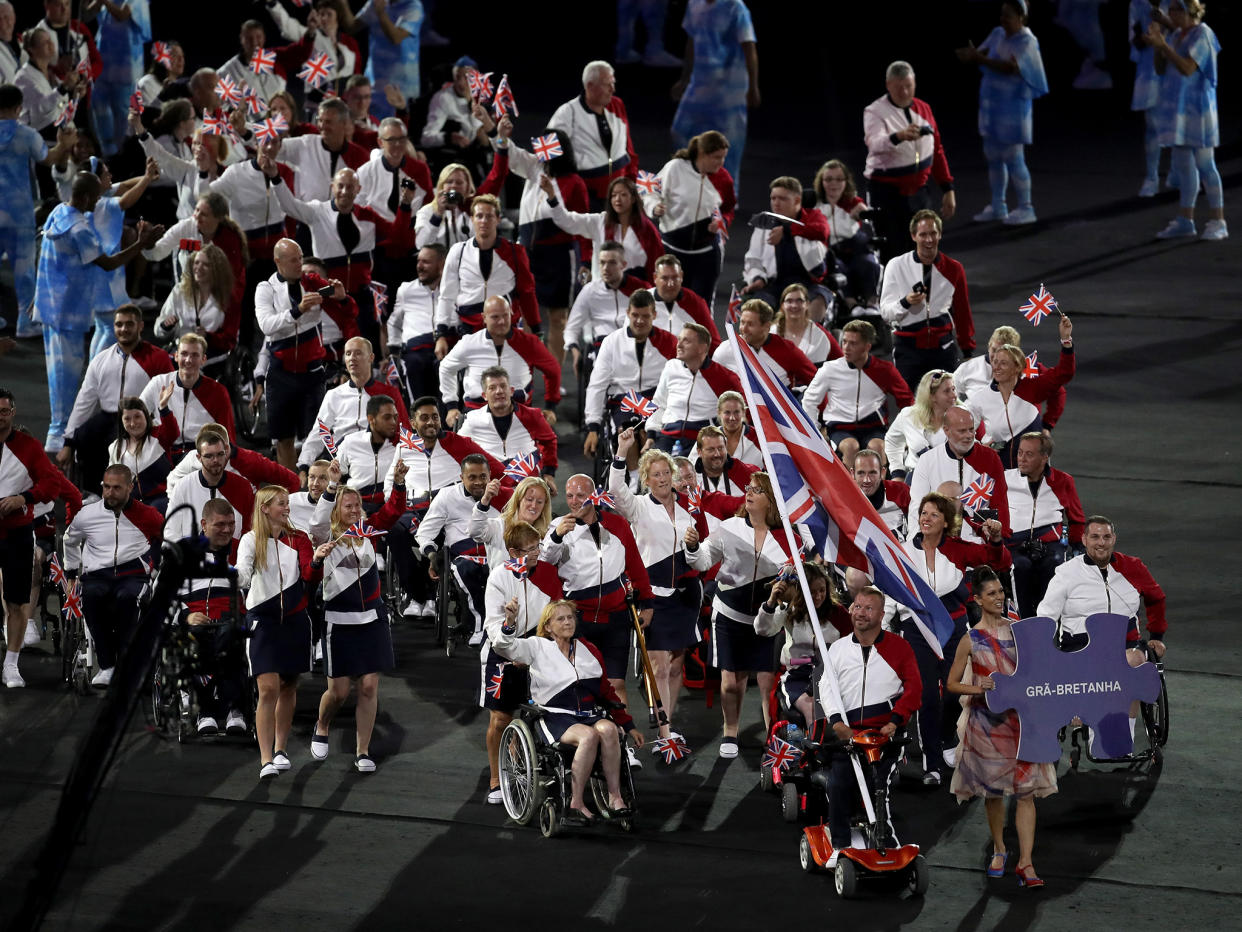Why is anyone shocked that Paralympians have been accused of cheating?

Scandal stalks the Paralympic movement, and it’s serious enough for the BBC to have elevated the subject of disability sport from the ghetto it usually occupies in between major championships.
Allegations of cheating, dirty tricks, and abuse of process akin to doping are being bandied around, which would be enough get any sport noticed. Even carpet bowls.
But with this involving disabled people, the story has extra spice. We're talking about the superhumans! Those saintly paragons who are supposed to serve as inspirations to the public, so they can get all teary eyed and gooey once every four years.
One of them was so unhappy about the situation she actually handed back a medal. No wonder File on 4 got excited.
The cause of the fuss, as ever, is the Paralympic classification system, there to ensure, to the greatest extent possible, that like competes with like.
The question being raised is whether it’s working as it should, and whether some people aren’t trying to game the system in an attempt to compete in more advantageous categories with the aim of securing medals.
Apparently lawyers from the International Paralympic Committee are investigating several athletes and coaches. British T37 200m sprinter Bethany Woodward was the superhuman moved to hand her relay medal back, fearing that the inclusion of one team mate was giving her team an unfair advantage. Whom, interestingly enough, the BBC didn’t want to name because it could find no evidence that they’d done anything wrong.
“Paralympic sport is about disabled people pushing themselves and overcoming their disability,” Woodward is quoted as saying. “Handing back this medal will mean all the medals I won are to do with me, my cerebral palsy and my strength.”
Good on her for living up to the Corinthian ideal, I suppose, but I’m not sure I agree with that, and I’m not sure that should be the aim of Paralympic sport if your interest is in securing equality for disabled people. As mine is.
Para sport is either about inspiration porn, and giving “special people” a little something to do in between putting us all back in a box. Or it’s about what all other sport is about: winning.
While there are some able bodied coaches I’ve encountered who seem to think it should be about the former, and find it hard to cope with people who have ambition, most people involved in para sport at whatever level want to win and push themselves extremely hard to do so. Some of them sometimes bend the rules and so do their coaches.
Why should that come as any surprise?
Doping is the pre-meditated use of a chemical substance with the expression intention of cheating.
But securing the best possible classification if you’re at the margins? I’m not sure that’s on the same level.
Some of the greatest sports people and sports coaches, people who are now revered, have indulged in borderline tactics to secure an edge.
Muhammad Ali’s corner insisted on a change of gloves after he was knocked down by Henry Cooper in the fourth round. The resulting delay gave him time to recover. He won the fight.
Sir Alex Ferguson prowled the sidelines pointing to his watch to intimidate referees while managing Manchester United, leading to the phrase “Fergie time” being coined (because it worked).
Ever watched Ayrton Senna or Michael Schumacher in Formula One? Great drivers they were. Boy scouts they were not.
Last weekend I watched an American football wide receiver illegally shove a cornerback to prevent an interception. He was praised by the commentators (and probably his coaches) because while he took a 15 yard penalty, his actions saved a touchdown.
Commentators and presenters might gush about ideals, and the nobility of competition, and inspiring generations, and the Olympic or the Paralympic spirit. But ultimately sport is about results and it is about winning. So is para sport. If it is sport. Which it surely is.
In a strange sort of way, this affair go could some way towards furthering the goal of equality, by helping the public to understand that disabled people aren’t strange creatures, impossibly noble beings sent down from heaven to inspire them. They’re people, like them. Fun to go out for a beer with, but not necessarily all that nice when you give them a ball, or a tennis racket, or a racing wheelchair. Just as with able bodied sports people, some of them might be in need of, shall we say, a yellow card? Ditto their coaches.
But wasn’t it ever thus?
By all means take a look at the classification system if the BBC is right and there are people who are in the wrong slot. But, there’s another point that shouldn’t be forgotten while we're here.
I’m friends with a para archer, or rather, a former para archer, who is very obviously disabled. His issues mean that he is required to sit on a stool when competing in able bodied events (he’s that good) on safety grounds. That disadvantages him, but he doesn’t have much choice because the para sports classifiers decided he wasn’t disabled enough for their events and disqualified him. So it cuts both ways.

 Yahoo News
Yahoo News 
